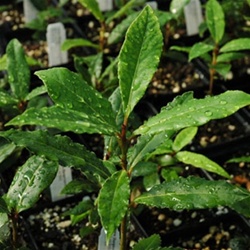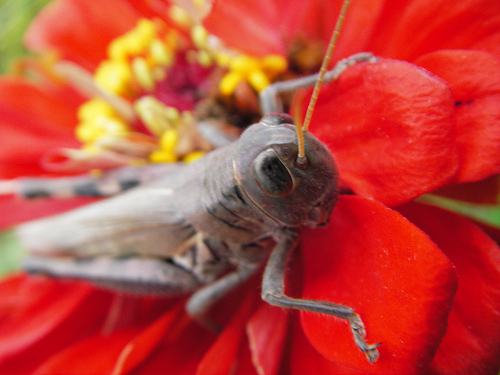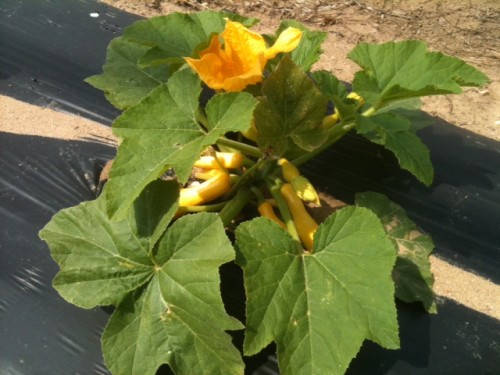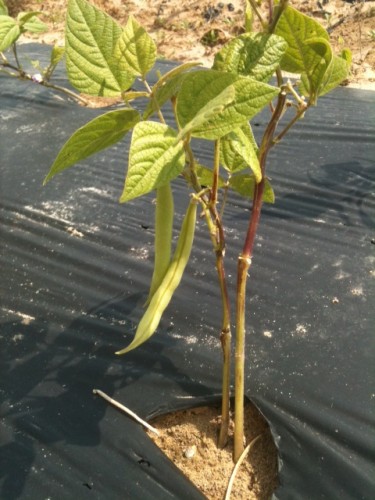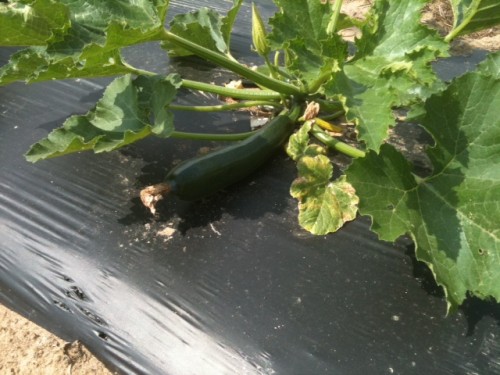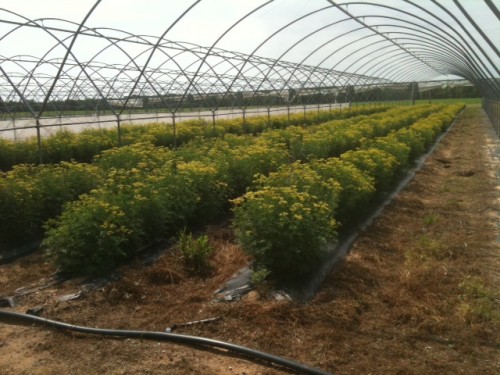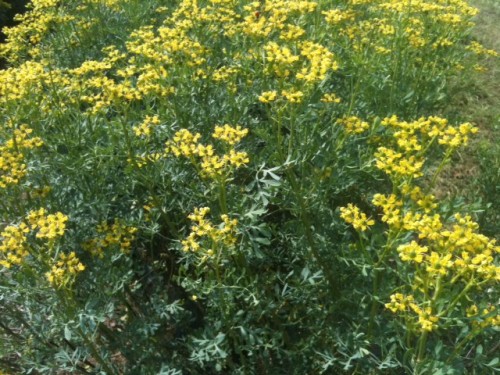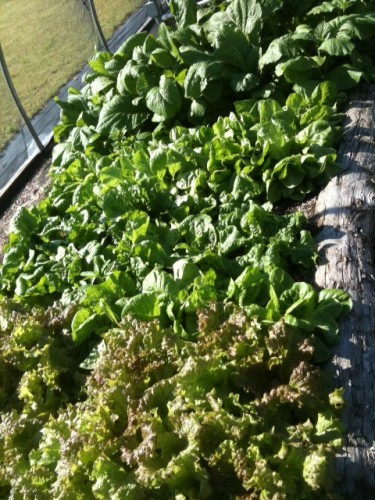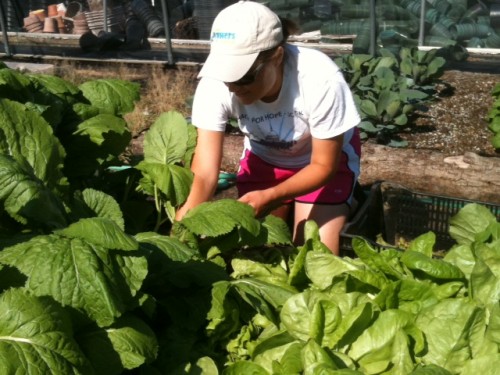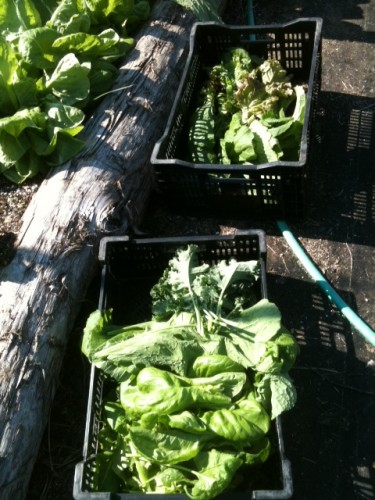3 Herbs For A Mosquito-Free Summer!
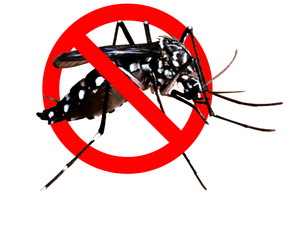
Summertime in Virginia not only means hot, humid temperatures; it sounds the call to break out the bug spray if you plan to be outside for more than five seconds.Yet, with so many chemicals and air pollutants found in commercial, over the counter brands, why not grow your own insect repellent and protect yourself the natural way? If your troubles with pests have grown substantially then it might be wise to compare Terminix vs other pest companies before deciding on the services of the right professional for the job. The majority of retail sprays, candles, coils and other creative contraptions to keep you safe from the summer swarms contain harmful toxins, including DEET, which can lead to serious health issues, especially for expecting mothers, children or pets. By planting herbs that are rich in natural sources of citronella and other repellent oils, you can skip the potential side effects and safely protect your family from pests all summer long. Alternatively, depending on where you live you could also look to hire similar services to this Roanoke pest control company that can help you exterminate any unwanted pests in your household and garden.
Lemon Grass (Cymbopogon citratus):
This light, lemon-flavored culinary herb commonly found in Asian and Indian cuisine is at the top of our list for its versatile usage and potent repellent properties. Though annual in most areas, this heat-loving, tropical herb is closely related to the variety of grass (Cymbopogon nardus) that citronella oil is derived from, which is found in most commercial repellents. Although it may not be as potent as its cousin, the citratus variety still contains enough essential oils to ward off backyard buggers. You can either plant this fragrant herb around your pools, water gardens and patios to enjoy skeeter-free evenings this summer, rub freshly cut stalks directly onto your skin, or steep them in hot water to release the volatile oils and once cooled, used that as a spray. In addition to its repellent properties, Lemon Grass is also anti fungal, antibacterial, helps detoxify your liver, reduces cellulite and more! Lemon Grass grows quickly, so you can harvest it as often as you like. What you don’t use to keep pests away, you can add to your favorite stir fry or brew into a refreshingly healthy tea.
Not just a common scent around the holidays, Peppermint can also help defend your skin from mosquito attacks, while offering a few other beneficial results. Of all of the various types of Mint, Peppermint has one of the highest concentrations of volatile oils, hence its strong minty flavor and aroma. Peppermint has long been loved as a medicinal herb for its many uses in treating digestive issues, and has also been proven to enhance your memory! This hardy, low-growing and quick-spreading herb is well known to many as a flavoring or culinary herb used in jellies, desserts, gum and other recipes, but many underestimate its ability to thwart pests. Containing high levels of menthol, Peppermint keeps mosquitoes, lice, ants, fleas and even rats at bay with its minty scent. Those with pets will know that summer is peak flea season and, in addition to flea collars from places like DewelPro, pet owners find themselves looking for ways to make life easier for their four-legged friends, so knowing peppermint could detract them is very useful. As most insects dislike pungent herbs, a good rule of thumb when considering what to plant is, the stronger it smells, the more likely it is to help keep pests away. This vigorous herb is a proven winner. You can surround your home with a minty barrier and enjoy the lovely, crisp perfume each time you brush past these plants. For more controlled growth, you can easily container plant Peppermint and keep it indoors, allowing its natural perfume to freshen your home.
Cat lovers and most pet owners should be very familiar with this herb that felines flip for. When kitties roll in or ingest this easy to grow herb, it induces euphoric behavior ranging from tearing around the house madly, to lounging around and drooling. A cousin to Mint, Catnip is a very low maintenance herb that will grow vigorously. The active oil in Catnip is Nepalactone, the very same volatile oil that drives your cat wild, while protecting you from becoming a snack for mosquitoes. Nepalactone has been researched and proven to be more effective in repelling mosquitoes in lower concentrations than the commercial chemical DEET, which is a key ingredient in most retail repellent products. It also seems to have an effect on cockroaches, and can be steeped in hot water and made into a “tea” for spraying baseboards where they may be hiding. Make sure to dilute the Catnip oil in water, or to rub it on your clothing rather than your skin, as the oil can affect people who have dermal sensitivities and may cause irritation if applied in a concentrated amount.

